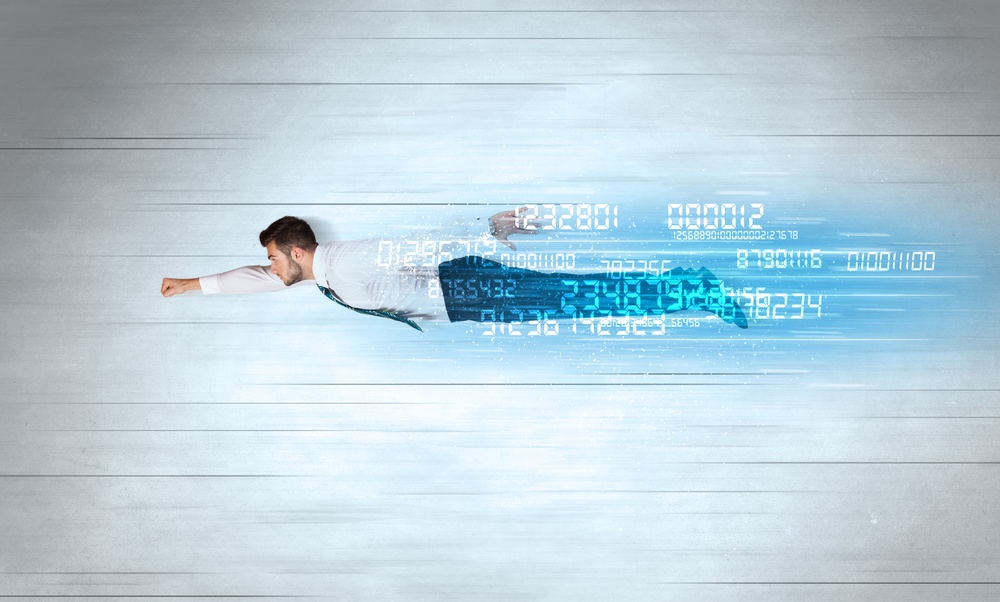You probably already know what it feels like when you have a brand-new computer. When it’s in a good shape and seems to blaze through every task. However, later you will notice that your files and folders are taking longer to load, programs don’t shut down as quickly as you’d wish and the work process is taking up too much time. Here is the list of things that you can do to make your computer work faster.
- The first step you can take is to Restart your computer.
- It will not be your long-term solution but it will help to temporarily speed up the work of your device by refreshing its memory. What you will need to do is to turn off your computer for a few seconds and then turn it back on. Make sure you have all your projects saved before you do that.
- The second step is to delete temporary files from your computer.
- Each computer generates a lot of temporary while running your applications. Which will take a considerable amount of space and slow down the system. We would recommend you to do so whenever you think your PC is slowing down more than usual. To do this, press ⊞ Win+Rand then type “%temp%” (without the quotes). Permanently delete (⇧ Shift+Delete) all the files present in the folder. Just skip the files that the system says it was unable to delete.
- Prevent unnecessary programs from starting when the computer boots up.
- Some programs may start as soon as you turn on your computer, running in the background so they will load quickly when you open them. The more programs trying to start up while your computer initializes, the slower everything will be.
- Clearing your desktop of icons will also speed up the process, as the computer must load these items when starting up. Move the files on your desktop into folders or delete icons, and try not to download things directly to your desktop
- Another step you should take is to check your hard drive space.
- As a rule, you want to keep at least 15% of the hard disk space free to keep the computer running smoothly.
- If you find you simply need more space, consider buying and installing a Solid State Drive (SSD) to complement or replace your hard disk. They are faster and much more secure than hard drives.
- Although, you should remember that most laptops don’t have the space to add an SSD.
You might need to contact your IT specialists to help you solve this issue.
- And the final step will be backing up your computer.
Before making any major changes, it is always a good idea to back up essential files.
- You can either purchase an external hard drive that is larger than the hard drive you want to back up. If you need more help, contact our team at Reis Informatica regarding your computer data backup.
- If you are worried about losing or damaging an external hard drive, you can back up important files online or to the cloud on a schedule or even every time you make a change to a file.

